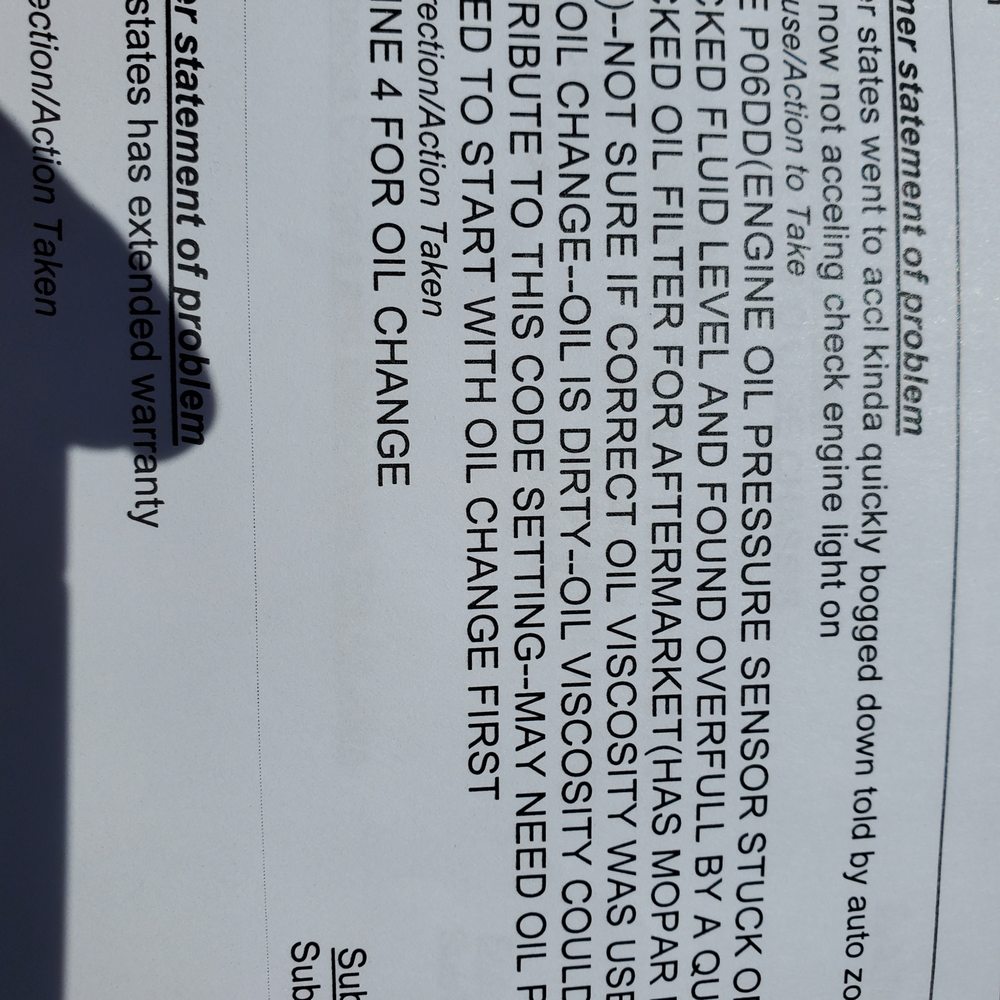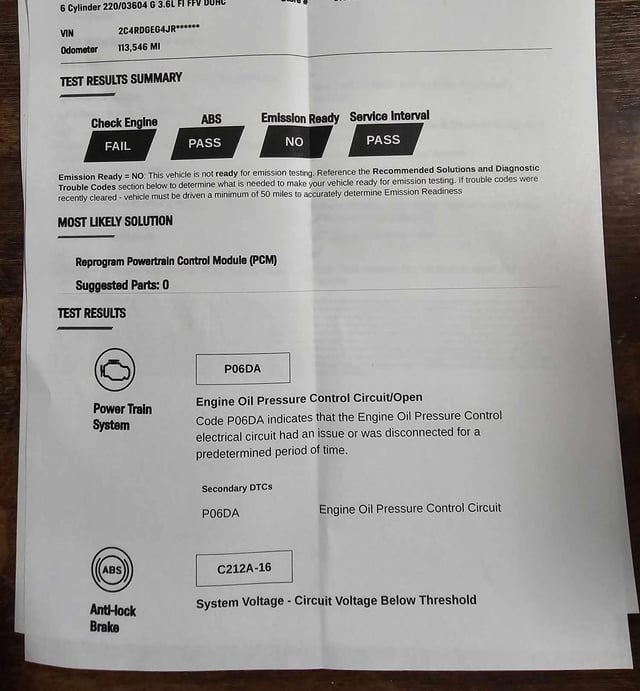The engine lubrication system is crucial for the proper functioning and longevity of an engine. It ensures that all the moving parts are properly lubricated to reduce friction and wear. Without proper maintenance, the lubrication system can fail, leading to engine damage and potential breakdowns. In this article, we will discuss some essential tips on how to maintain the engine lubrication system.
1. Regularly check the oil level: One of the most important steps in maintaining the engine lubrication system is to regularly check the oil level. Low oil levels can result in insufficient lubrication, leading to increased friction and wear. To check the oil level, park your vehicle on a level surface, wait for the engine to cool down, and locate the oil dipstick. Pull out the dipstick, wipe it clean, reinsert it, and then pull it out again. The oil level should be between the minimum and maximum marks on the dipstick. If it is low, add the appropriate type and amount of oil recommended by the manufacturer.
2. Change the oil and oil filter regularly: Over time, the oil in the engine becomes contaminated with dirt, debris, and other impurities. This can hinder its lubricating properties and reduce its effectiveness. Therefore, it is essential to change the oil and oil filter regularly as recommended by the manufacturer. Typically, this is done every 3,000 to 5,000 miles, but it may vary depending on the vehicle and driving conditions. Changing the oil and oil filter will ensure that the engine is always supplied with clean and fresh oil.
3. Use the right type of oil: It is crucial to use the right type of oil for your engine. Different engines require different types of oil, such as synthetic oil, conventional oil, or a blend of both. Consult your vehicle’s owner manual or check with a professional mechanic to determine the correct type of oil for your engine. Using the wrong type of oil can lead to poor lubrication and potential engine damage.
4. Check for oil leaks: Oil leaks can occur in the engine, and if left unaddressed, they can lead to a significant loss of oil and potential engine damage. Regularly inspect the engine for any signs of oil leaks, such as oil spots on the ground or oil stains on the engine components. If you notice any leaks, have them repaired promptly by a qualified mechanic.
5. Keep the engine clean: A clean engine is essential for proper lubrication. Dirt and debris can clog the oil passages and hinder the flow of oil, resulting in insufficient lubrication. Regularly clean the engine bay to remove any dirt, dust, or debris. Be cautious when cleaning around electrical components and sensitive areas to avoid damaging them.
6. Maintain proper engine temperature: The engine lubrication system works best within a specific temperature range. Overheating can cause the oil to break down and lose its lubricating properties. To maintain proper engine temperature, ensure that the cooling system is in good working condition. Regularly check the coolant level and have the cooling system inspected and serviced as recommended by the manufacturer.
7. Pay attention to warning signs: It is crucial to pay attention to any warning signs that indicate a problem with the engine lubrication system. Some common warning signs include low oil pressure warning light, engine knocking or ticking sounds, excessive smoke from the exhaust, and increased engine temperature. If you notice any of these signs, it is important to have the engine inspected by a professional mechanic to identify and address the underlying issue.
By following these tips, you can ensure that your engine lubrication system remains in good working condition. Regular maintenance and proper care will help prolong the life of your engine and prevent costly repairs. Remember to always refer to your vehicle’s owner manual for specific maintenance recommendations and consult a professional mechanic for any concerns or issues with the engine lubrication system.


